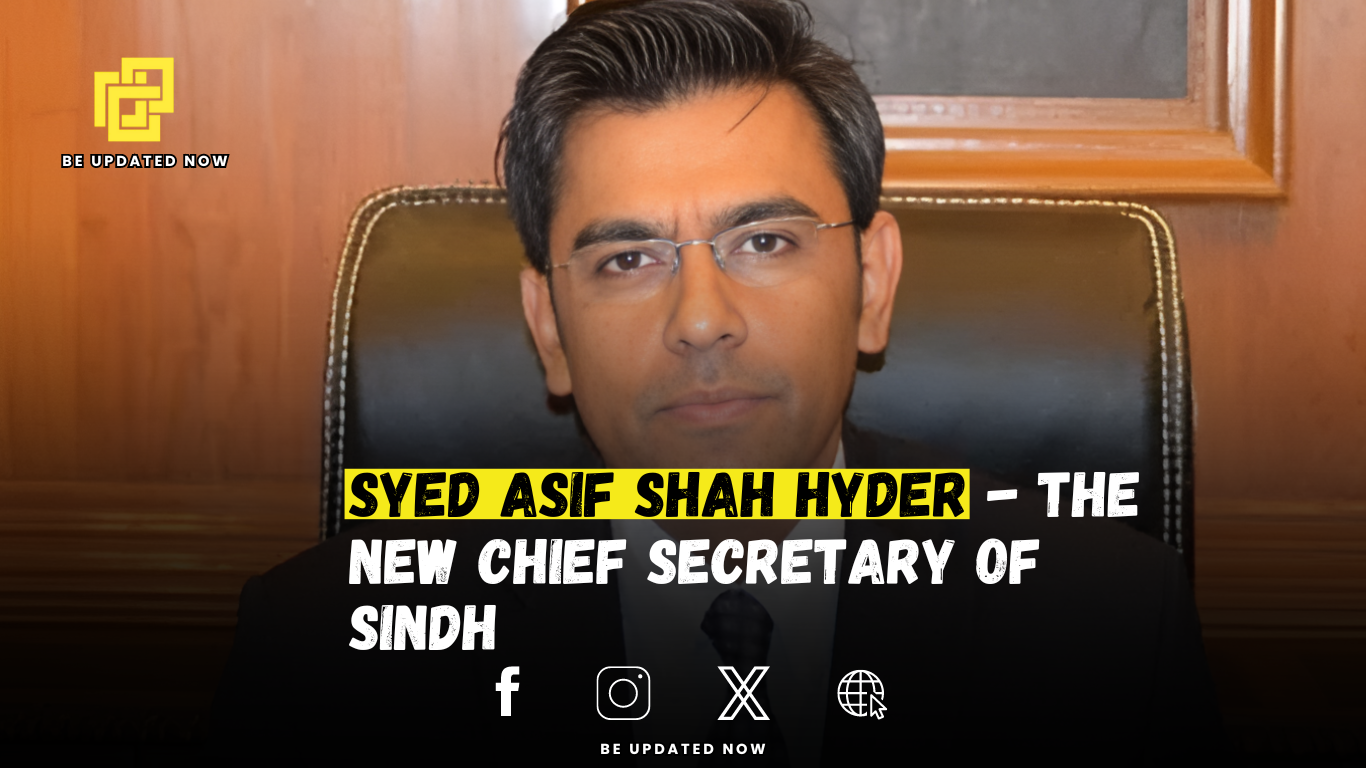
The Sindh Education Department has taken a groundbreaking step by implementing a no-exams policy for students in nursery to grade 3. This innovative approach aims to create a more stress-free and holistic learning environment for young children.
Reduced Pressure on Young Learners
One of the primary reasons behind this decision is to alleviate the pressure faced by young students during their initial years of schooling. Traditional exams can often create anxiety and hinder a child’s natural curiosity and love for learning. By eliminating exams, the Sindh Education Department hopes to foster a more relaxed and enjoyable learning experience for young children.
Also Read: Bhutto Case Gets Justice After 50 Years
Encouraging a Holistic Approach to Education

The no-exams policy also paves the way for a more holistic approach to education. Instead of solely focusing on rote memorization and exam preparation, teachers can now prioritize the development of essential life skills, critical thinking, and creativity in their students. This well-rounded approach to education is crucial for preparing students for success in the 21st century.
Join Us on Instagram
Emphasis on Continuous Assessment
However, the no-exams policy does not signify a complete disregard for evaluation. Teachers will still employ continuous assessment methods to monitor students’ progress and identify areas where they may require additional support. These assessments may involve observations, portfolios, and project-based learning activities.
Improved Parent-Teacher Communication
Moreover, the no-exams policy necessitates enhanced communication between parents and teachers. Regular feedback sessions and progress reports will become even more crucial in this new system. Parents will play a vital role in supporting their children’s learning journey and understanding their individual strengths and weaknesses.
Addressing Concerns and Challenges
While the no-exams policy holds immense potential, it is essential to address some potential concerns and challenges. One concern is the possibility of a decline in academic standards. To address this, the Sindh Education Department is developing a comprehensive curriculum framework that outlines clear learning objectives and expected outcomes for each grade level.
Ensuring Smooth Implementation
Additionally, the successful implementation of this policy hinges on providing adequate training and support to teachers. Equipping teachers with the necessary skills and resources to effectively implement continuous assessment methods is crucial for the program’s success.
Monitoring and Evaluation
Furthermore, the Sindh Education Department must establish a robust monitoring and evaluation system to track the policy’s impact on student learning outcomes, teacher effectiveness, and overall educational quality. This will enable the department to make necessary adjustments and ensure the program remains effective in achieving its intended goals.
Conclusion
The Sindh Education Department’s no-exams policy represents a bold and innovative step towards creating a more child-centered and holistic learning environment. While challenges exist, the potential benefits of this approach are significant. By fostering a love for learning, reducing stress, and promoting well-rounded development, the no-exams policy has the potential to transform the educational landscape for young students in Sindh.
FAQs:
Why is Sindh implementing a no-exams policy for young students?
Sindh aims to reduce pressure on child learners and foster a love for learning by eliminating the stress associated with traditional exams.
Does the no-exams policy mean there’s no evaluation?
No, teachers will use continuous assessment methods like observations, portfolios, and project-based activities to monitor student progress.
How will parents stay informed about their child’s learning?
Regular communication between parents and teachers becomes even more crucial. Expect frequent feedback sessions and progress reports.
What are some concerns regarding the no-exams policy?
One concern is a potential decline in academic standards. The Sindh Education Department is addressing this by developing a clear curriculum framework.
How will the success of this policy be measured?
The Sindh Education Department will implement a monitoring and evaluation system to track student learning, teacher effectiveness, and overall educational quality.




